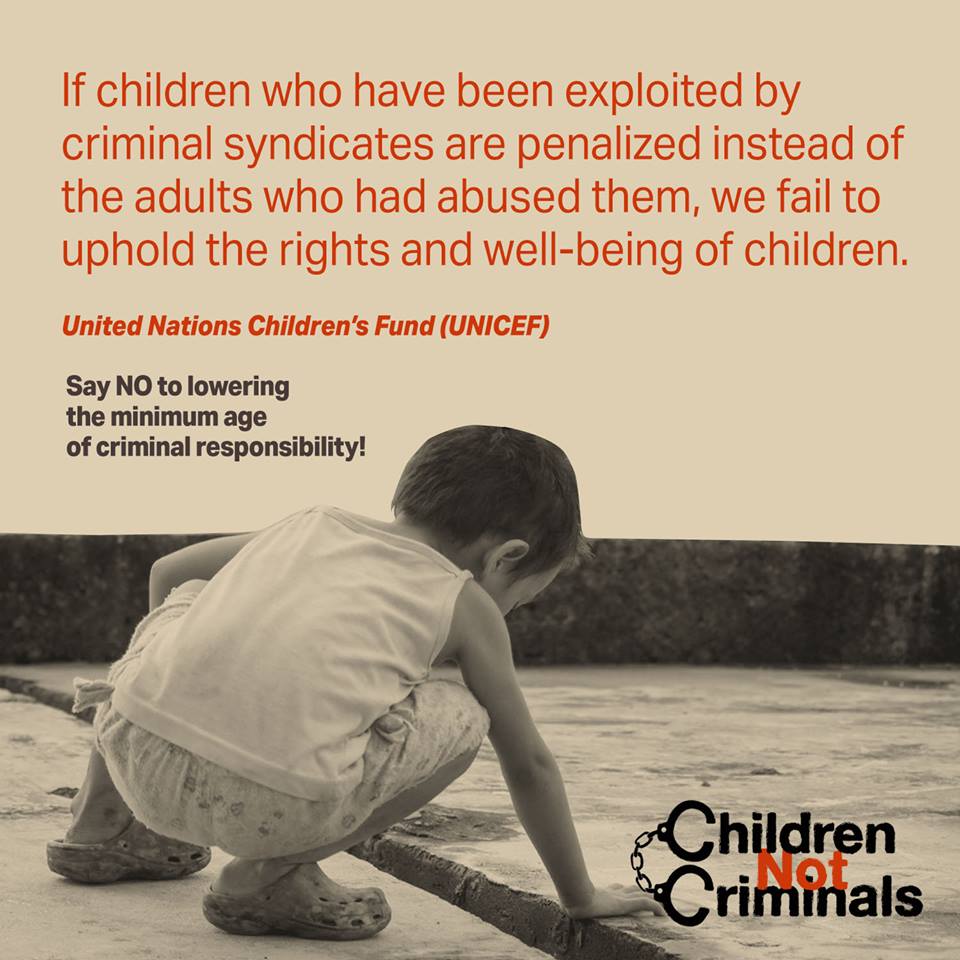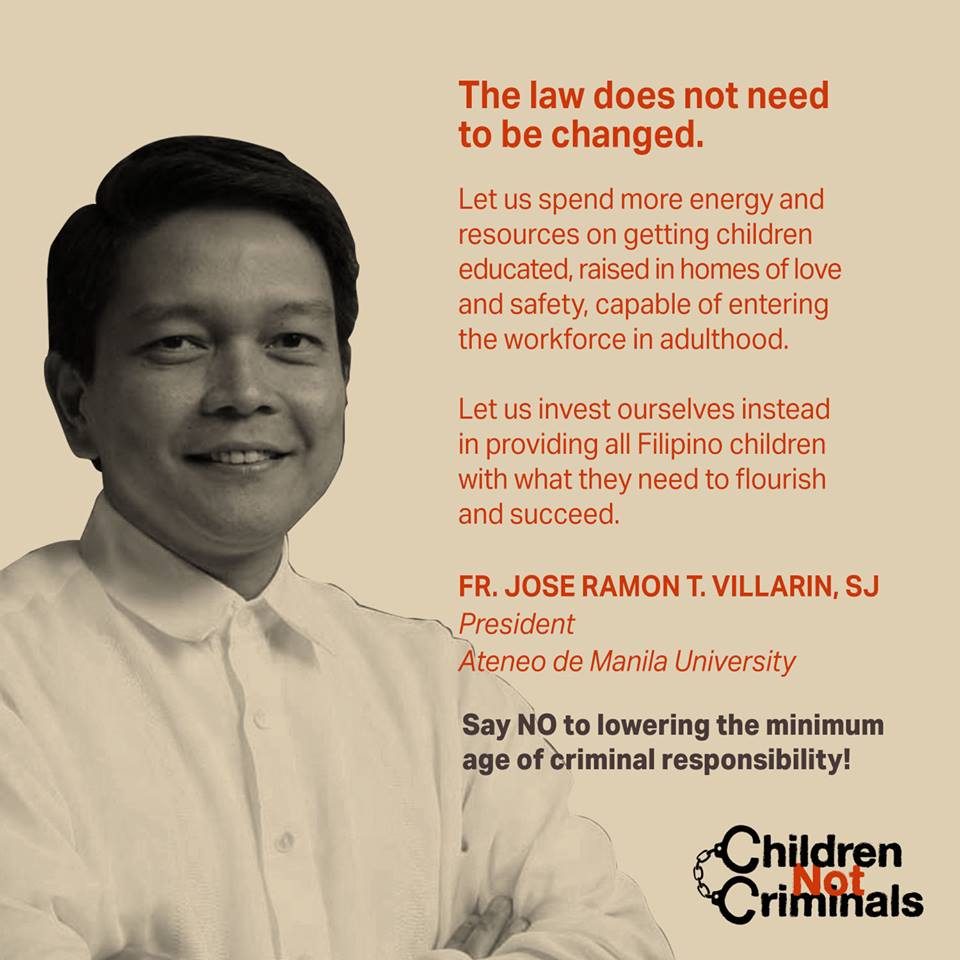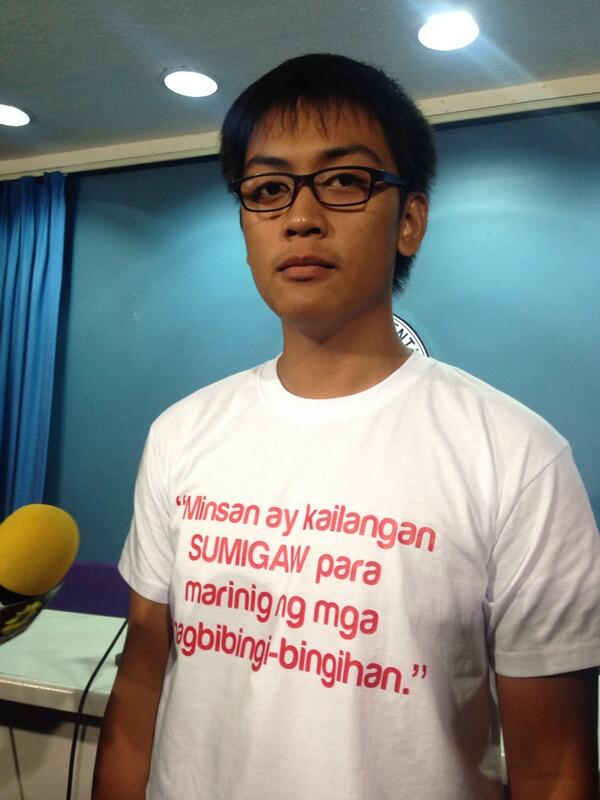Say NO to lowering the minimum age of criminal responsibility
The children are the future of our nation. If we give up on them, we give up on our country. Lowering the minimum age of criminal responsibility will only further strip them of dignity and hope.
What has happened since the launch of the Convention on the Rights of the Child? We must do more to listen to vulnerable children.
By giving high priority to the rights of children, to their survival and to their protection and development, we serve the best interest of all humanity. Nelson Mandela said in 2000 that empty rhetoric from world leaders is not enough—that we have to “turn this world around, for the children!” The “ great turning” is believed to be a turn to a child-honoring world—a world fit for children, as they say at the United Nations. If we are serious about building a world fit for children, now is the time to create a way for them to take complaints to the convention’s monitoring body, the Committee on the Rights of the Child.
This compilation of relevant documents on Child Rights such as the United Nations Convention on the Rights of the Child, Millenium Development Goals and A World Fit for Children Plus 5 must be read by our legislators.
A World Fit for Children by BlogWatch.ph on Scribd
Jail is no place for a child
Children are already struggling with abuse and exploitation. Lowering the minimum age of criminal responsibility will only further strip them of dignity and hope. The moment we give up on our country’s children is the moment we fail as a people. The bill seeking to jail children as young as 9 years old must not pass. We must say NO to lowering the minimum age of criminal responsibility.

Jail is no place for a child. Yet, in this clip below from a 2005 award-winning documentary by Ditsi Carolino and Nana Buxani, 11-year old Diosel is detained at a Cebu city jail along with convicted murderers, rapists, and drug dealers. Tony , a 13-year old was also jailed — he became desperate enough to fend for himself by stealing. He was then sent to a dingy prison packed full with adult criminals, by no less than his own father who saw a chance to feed one less hungry mouth in the family. This was in 2002.
Today, we have the Republic Act 9344 or the Juvenile Justice and Welfare Act of 2006, which sets the minimum age of criminal liability at 15 years old. It prohibits the imprisonment and punishment of children in conflict with the law and provides for their rehabilitation and protection, consistent with our Constitution, international treaties, and other human rights instruments such as the UN Convention of the Rights of the Child.
Soon, however, we may go back to sending young children to jail and punishing them along with hardened adult criminals. Now that House Bill #1 or the restoration of the death penalty bill is gaining a lot of momentum, Congress seems poised to also pass House Bill #2 or the lowering of the minimum age of criminal responsibility from 15 to as young as 9 years old. This is a move aggressively supported by no less than House Speaker Pantaleon Alvarez.
Reasons why the minimum age of criminal responsibility (MACR) should NOT be lowered

We must not ignore scientific evidence that shows that criminalizing children does not solve the problem of children committing crimes; it only encourages re-offending. The change needed most is the stronger implementation of the Juvenile Justice Law.
1. Children are not little adults.
Scientific research shows that “children and adolescents differ significantly from adults in decision-making, propensity to engage in risky behavior, impulse control, identity development, and overall maturity.” (Psychological Association of the Philippines, 2016)
Hence, a child should not be held to the same standards as adults. Too young to vote, get married, and have a driver’s license but not too young to be charged for a crime and be held in jails?
2. It will not result in lower crime rates.
According to the Philippine National Police, children commit only 1.72% of total crimes in the Philippines. Most are petty crimes like theft, which is often linked to poverty.
3. Lowering the minimum age of criminal responsibility will not stop syndicates from using children.
It will encourage syndicates to use children younger than 9 years old.
4. The Juvenile Justice and Welfare Act of 2006 does not need to be amended. It needs to be fully implemented.
The law already provides guidelines on how children who commit crimes should be handled. Contrary to popular belief, children who commit serious offenses are held accountable. But instead of receiving harsh punishments, the child is placed in a youth care facility or Bahay Pag-Asa to undergo intensive intervention programs supervised by a multi-disciplinary team.
5. A jail is no place for a child.
Due to lack of youth care facilities, children will most likely end up in jails where they may be subjected to violence and abuse. Detention should be the last resort, not the first and only option.
Do we criminalize and punish children just because we have failed our duty or responsibility to fully implement the law?
Even the Department of Social Welfare and Development recently released a statement saying: “A lower age of criminal responsibility results in more children being detained, substantially higher cost of public expenditure, and an even higher social cost of re-offending and graver offending, which simply demonstrates that such measure is not cost-effective.”
The country does not need a law to lower the minimum age of criminal responsibility . Philippine Congress and our duty-bearers in the government need to take action on the following:
1. Punish the crime syndicates who take advantage of children, not the children who need to be rescued, supported, and rehabilitated.
2. Push for the full and effective implementation of the law so that both children who commit crimes and their victims are assisted and supported.
3. Instead of lowering the MACR, support local government units in providing prevention, intervention, and diversion programs for children.
Now, more than ever, the Bunso Campaign needs you to help defeat these attempts to undermine our humanity as a people, for the sake of our children’s rights, welfare, and future.
Sign this petition to convince the Philippine Congress that lowering the minimum age of criminal responsibility is NOT the solution!
This post is supported by a writing grant from the Philippine Center for Investigative Journalism (PCIJ)

